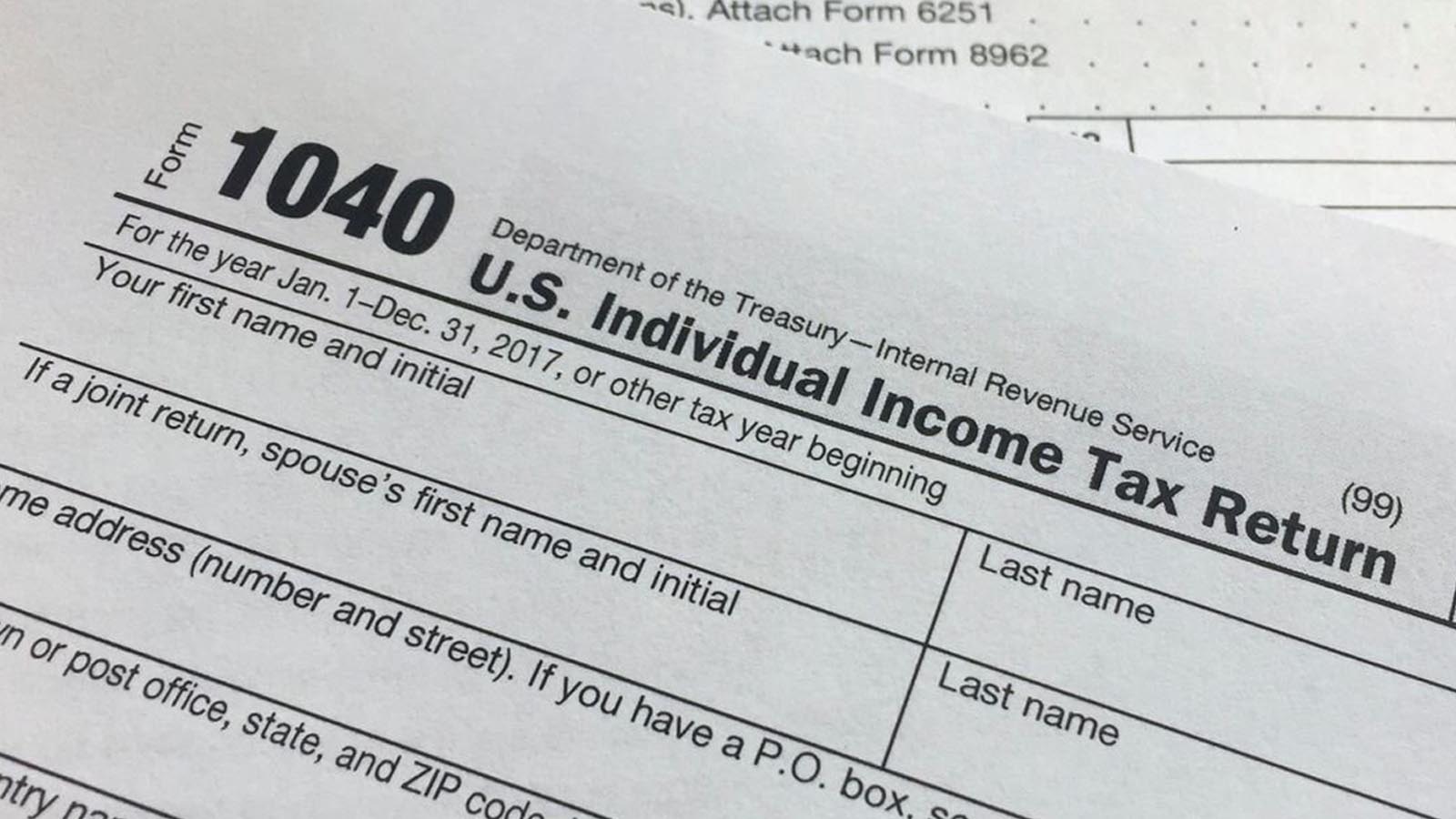The Internal Revenue Service (IRS) issued a renewed, last-minute warning to taxpayers that certain claims on their taxes could get them audited, with just over a week to go before tax-filing day.
The agency said in an April 5 release that it completed its so-called “Dirty Dozen” list and issued a notice to taxpayers to watch out for such scams. Several weeks ago, the IRS issued a similar bulletin but mainly focused on false advertisements that promote the COVID-19-era Employee Retention Credits (ERCs) to obtain fraudulent refunds.
“Many of these schemes peak during filing season as people prepare their tax returns,” the agency said in an April 5 news release. “In reality, these scams can occur throughout the year as fraudsters look for ways to steal money, personal information, data and more.”
It again made reference to ERC scams, saying taxpayers should remain wary of “aggressive pitches from scammers who promote large refunds” to the credit. “The warning follows blatant attempts by promoters to con ineligible people to claim the credit. The IRS highlighted these schemes from promoters who have been blasting ads on radio and the internet touting refunds involving Employee Retention Credits.”
Other scams that people should be on the lookout for include false fuel tax credit scams. Fuel tax credits are designed for farming and off-highway use and aren’t available to most people.
But, the release added, “unscrupulous tax return preparers and promoters are enticing taxpayers to inflate their refunds by erroneously claiming the credit. The IRS has seen an increase in the promotion of filing certain refundable credits using Form 4136, Credit for Federal Tax Paid on Fuels.”
Phony Tax Credits Promoted Online
The agency also issued a warning about “misleading tax information” that has proliferated on social media this year in a bid to get taxpayers to file fraudulent forms. Such scams can involve common tax documents like W-2 forms or more obscure documents such as Form 8944, a hardship waiver request document, that “encourage people to submit false, inaccurate information in hopes of getting a refund. Taxpayers should always remember that if something sounds too good to be true, it probably is.”
Taxpayers should be wary of phishing attacks and fake communications from individuals purporting to be the IRS, state revenue agencies, or financial professionals, the news release said. They often arrive in unsolicited text messages or emails to trick victims into giving up valuable personal or financial details that can lead to identity theft.
In a separate warning, online security company Malwarebytes warned that scammers purporting to be IRS officials have recently sent emails attached with Word documents that are being used as a vehicle to distribute a Trojan virus. In some cases, malign actors are sending fake Form W-9 documents in an attempt to obtain certain personal details from the victim, leading to identity theft.
The IRS said it also has seen third-party scammers try to “help” taxpayers create accounts on IRS.gov but instead, steal the taxpayers’ information.
“Third parties making these offers will try to steal a taxpayer’s personal information this way. Taxpayers can and should establish their own online account through IRS.gov,” it says.
Taxpayers should be careful of “unscrupulous” tax preparers who may charge a fee based on the size of the refund or when a “tax preparer is unwilling to sign the dotted line,” the agency said. It said that taxpayers “should never sign a blank or incomplete return” and that tax preparers have to sign or include an IRS preparer tax identification number.
Taxpayers Held Responsible
If someone is tricked by a scammer into filing fraudulent forms or making false claims, the IRS will still target the victim, the release warned. Making false claims and filing fraudulent forms could increase the chances of an audit, said the agency.
“Where appropriate, the IRS will challenge the purported tax benefits from these types of transactions and impose penalties. The IRS Criminal Investigation Division is always on the lookout for promoters and participants of these types of schemes,” it said
“Taxpayers should think twice before including questionable arrangements like this on their tax returns. After all, taxpayers are legally responsible for what’s on their return, not a promoter making promises and charging high fees. Taxpayers can help stop these arrangements by relying on reputable tax professionals they know and trust.”
The filing deadline for the 2023 tax season is April 18, although some states and counties have received disaster-related extensions.














This all falls back on the old adage: Buyer Beware, (Lazafarre). Anyone with an IQ of 38 are well aware of these scams. This isn’t what I’m worried about. I’m worried about the 87K ARMED IRS agents, (read: DOJ/Gestapo), breaking down your front door, and wisking you and those entrusted to you away in the back of a van – never to be seen again. We’re there, folks! Welcome to Germany 1937…
love to see them touch my door, they aren’t the only ones that know how to play with explosives and guns